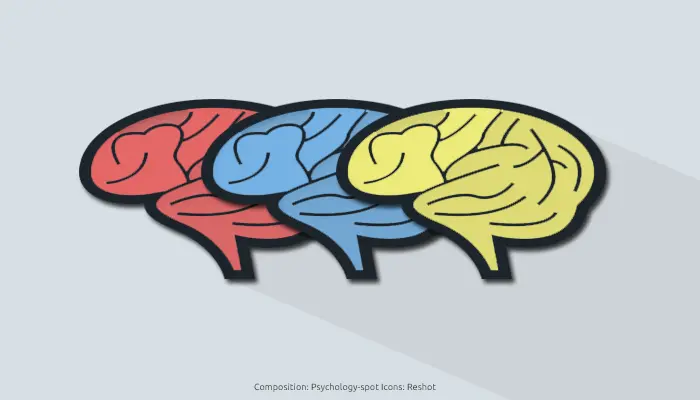
The first impression is a fairly inaccurate ancestral mechanism
We all judge quickly in our daily lives and let ourselves be conditioned by stereotypes. After a few seconds that we met someone, even without exchanging a word, we are working on a theory about who he or she is and how his or her personality is.
The first impression is a quick and unconscious attribution of traits of personality based on trivial details. This is not a bad thing because it is a basic mechanism that allows us to find the way out in confused situations and help us quickly judge whether a completely unknown person could be dangerous.
This is a basic signaling process that leads us to approach or move away from a stranger. The problem is that in order to judge we strongly rely on the experiences we have had with other people and on social stereotypes.
Therefore, although the first impression may give us some basic traits, it is important to understand that it is nothing more than a rather imprecise impression that in many cases can be false, as shown by this video.
The video, entitled “Craving,” whose director is Andrew Cadelago, who works for the Pixar, faces us with our tendency to relate on stereotypes.
Three precious lessons for life
1. Take time to judge and be quick in correcting yourself. We can’t avoid the mechanism of the first impression and we can’t completely eliminate our prejudices, but that does not mean that we should let them determine our behavior and how we judge the others. So before judging a person, make sure your stereotypes that are talking. And if you make a mistake, admit it immediately. Recognizing your mistake will not make you look weaker, but smarter. Only those who think and reflect can change their ideas.
2. Do not let yourself be conditioned by social stereotypes. Remember that the society tends to promote the stereotypes that are convenient. Don’t be conditioned by these. Behind every stereotype there are people, and each one is unique and special. If you take the time to know them, you will probably be pleasantly surprised.
3. Do not point the straw in your neighbor’s eye if you do not see the beam in yours. It is easier to accuse the others than themselves. However, before judging, we must remember that we are not exactly perfect, but we surely have some shortcomings that could annoy others.



